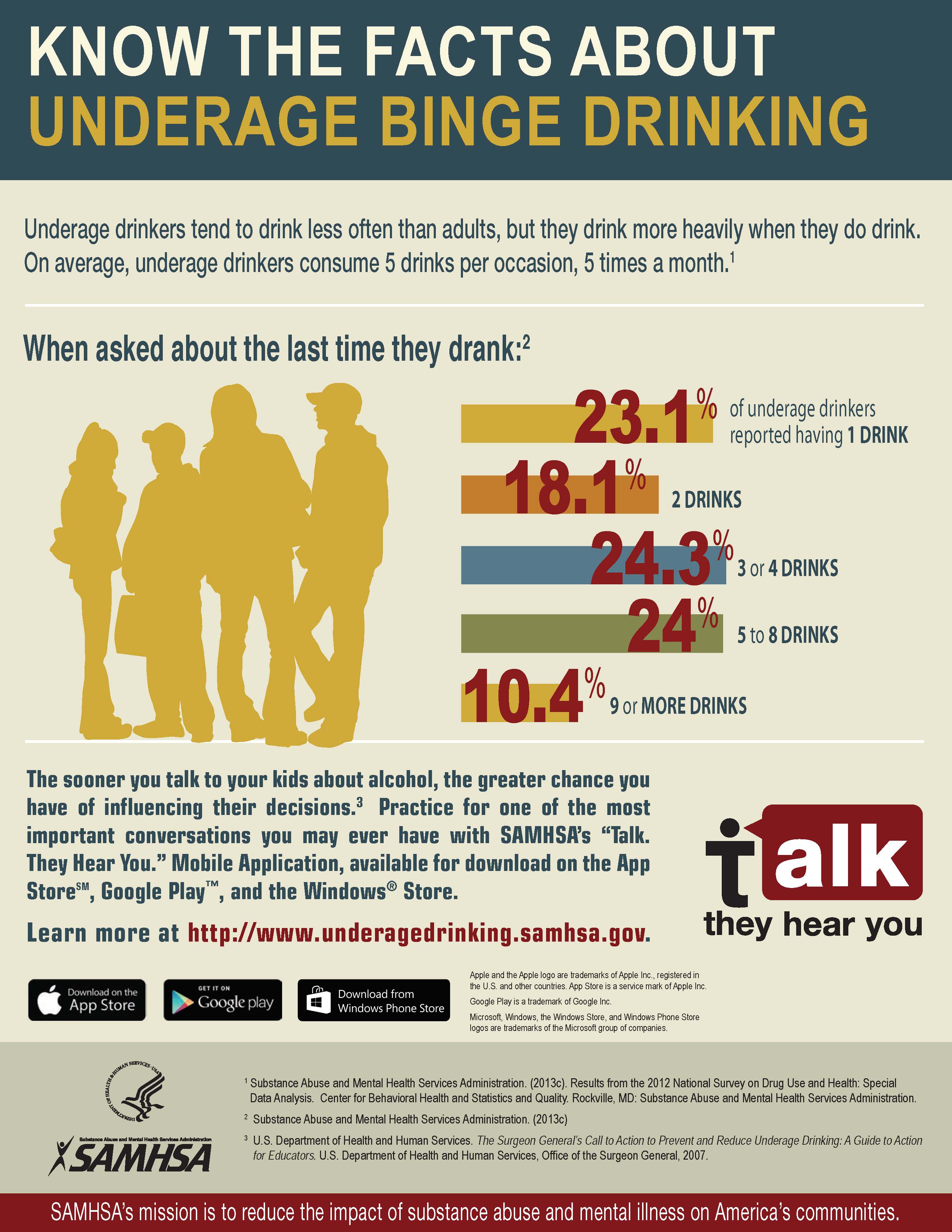Learn How To Develop A Strong Aftercare Strategy After Drug Rehab And Achieve Long-Term Success
Learn How To Develop A Strong Aftercare Strategy After Drug Rehab And Achieve Long-Term Success
Blog Article
Web Content Writer-Choate Park
You've finished drug rehab, and now it's time to create an effective aftercare plan to ensure your long-term recuperation.
Photo this: you're a person figured out to remain clean and construct a fulfilling life. This short article will guide you via determining ongoing support group, integrating therapy and therapy, and creating healthy and balanced coping devices.
With these techniques, you'll be geared up to grow in your trip of soberness.
Let's start.
Identifying Ongoing Assistance Systems
You must recognize at the very least 3 ongoing support group to ensure an effective recuperation after drug rehab.
The very first support group is your friends and family. They can offer emotional support, support, and assist you stay answerable. They can also give a safe and understanding atmosphere where you can share your battles and victories.
The 2nd support group is your specialist or counselor. They can aid you overcome any kind of underlying issues that may have added to your addiction and offer guidance on just how to prevent regression. They can also educate you coping systems and healthy ways to deal with anxiety.
The 3rd support system is a support system or a sober neighborhood. Being surrounded by others that are undergoing comparable experiences can be extremely valuable. They can give a feeling of belonging, recognizing, and deal beneficial recommendations and support.
Incorporating Therapy and Counseling
To accomplish an effective healing, it is essential for you to actively participate in therapy and therapy sessions, in addition to include them into your recurring support group. By doing so, you can take full advantage of the advantages of these treatment techniques and raise your chances of maintaining long-lasting soberness.
Right here are some crucial reasons including treatment and therapy into your aftercare plan is essential:
- ** Emotional Support: ** Therapy and counseling give a secure space for you to express your ideas, feelings, and battles related to your dependency. It enables you to resolve any unresolved concerns and establish healthy coping mechanisms.
- ** Relapse Prevention: ** These sessions outfit you with the necessary devices and methods to stop relapse. They help you identify triggers, create dealing skills, and establish a solid foundation for handling food cravings and stress and anxiety.
- ** Individual Growth: ** Treatment and therapy help with personal growth and self-discovery. They assist you obtain insight right into the underlying reasons for your addiction, enhance self-confidence, and create much healthier relationships.
Establishing Healthy Coping Systems
Throughout treatment and therapy sessions, it's critical to actively deal with developing healthy and balanced coping systems in order to successfully take care of stress and obstacles.
You need to determine and comprehend your triggers, those things that trigger you distress or anxiousness. By recognizing these triggers, you can establish approaches to cope with them in a healthy means. This might involve practicing deep breathing workouts, participating in exercise, or locating a creative outlet to express your feelings.
It is necessary to likewise surround yourself with a solid support system of friends and family who can supply encouragement and assistance.
Moreover, self-care tasks such as getting adequate sleep, eating well, and practicing relaxation methods can considerably add to your overall wellness.
Final thought
In the trip in the direction of recuperation, creating an effective aftercare plan is like tending to a delicate garden. Equally as simply click the following internet page with treatment and focus, so too should one grow recurring support group, incorporate therapy and counseling, and establish healthy and balanced coping devices.
By doing so, the seeds of recuperation will bloom into a flourishing garden, providing a solid structure for a brighter, drug-free future.
